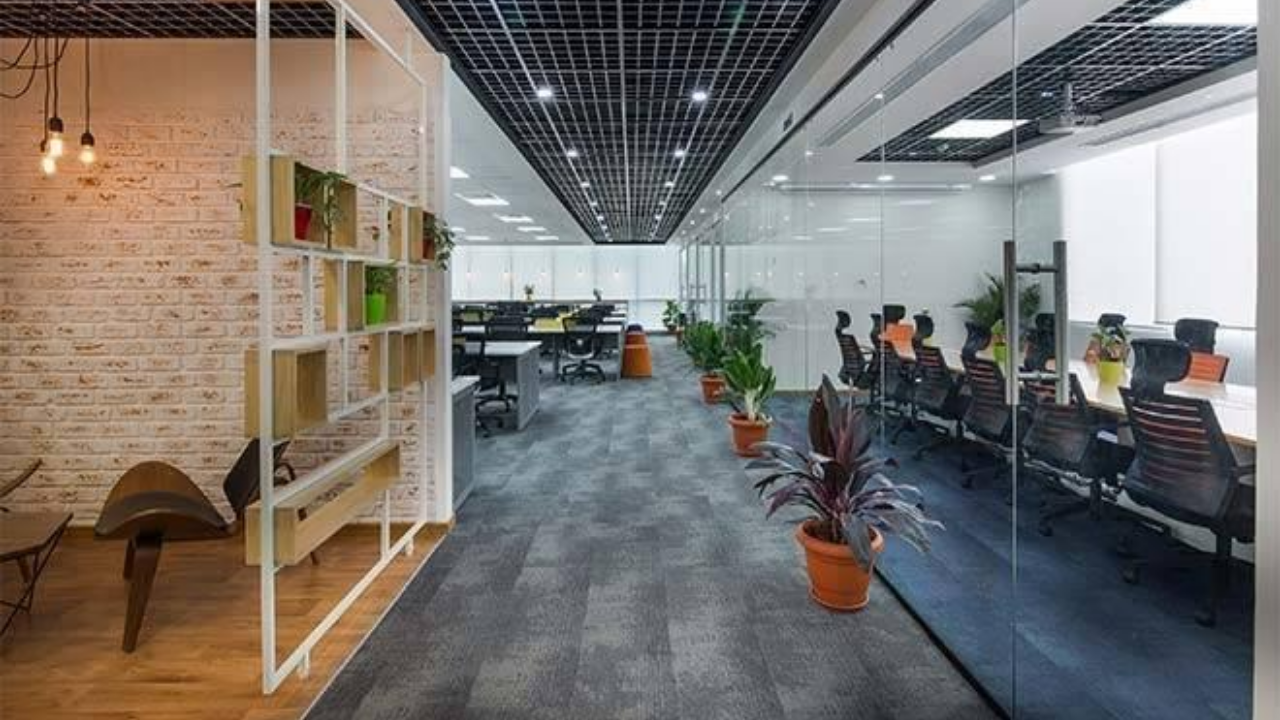Remote work is increasingly becoming a long-term solution for many organizations and employees. Even as governments lifted lockdowns, organizations have opted to allow workers to continue working remotely.
While working from home offers various benefits, it also poses its own set of challenges. In some cases, many workers have found that their home conditions are far from ideal to do work. In Bengaluru, the rise in remote work has led to urban slums where migrant youth live and work from buildings that are densely populated and do not meet basic safety norms.
Without a doubt, this has impacted the work and wellbeing of young workers.
The good news is that there seems to be an attractive and viable solution: co-living. Co-living spaces can offer workers access to decent housing and work environments. Not only will this improve the productivity levels of workers, but it can also work wonders for their wellbeing and health.















